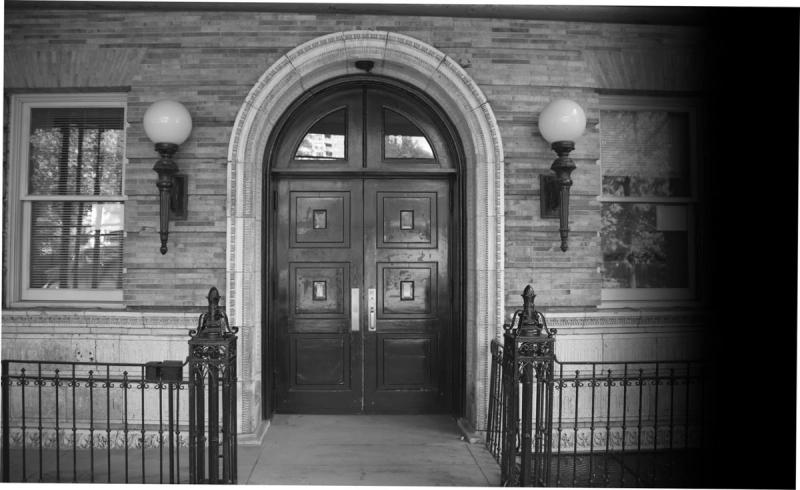About
History

Under the leadership of its 13th president, John Brademas, New York University in the early 1980s intensified its commitment to international education, community service and the global exchange of information. The University began setting up centers dedicated to teaching and research on countries, cultures, and concerns abroad.
During this time, Dr. Brademas observed a lack of information on, and lack of awareness of, Spain and Latin America in the media, academia, and countless other institutions. This was compounded by limited communication among scholars and political and business leaders of Spain, Latin America, and the U.S. He found this worrisome, given the strong Latin presence within the United States and the increasing importance of Spanish speakers worldwide. This dilemma resonated with him due to his deep career-long involvement with issues involving the Iberian Peninsula and the Spanish-speaking world.
In 1983, Brademas began a campaign centered on increasing awareness of Spain and the Spanish-speaking world at NYU. His first step was to honor King Juan Carlos I of Spain for his courageous leadership and defense of democratic principles by awarding him an honorary Doctor of Laws degree. He then established a professorship in the King’s name that went on to attract many of the world’s most eminent Hispanists. He also announced his intention to create a center dedicated to the interdisciplinary study of modern Spain and the Spanish-speaking world.
On April 9th, 1997, in the presence of distinguished figures from Spain, Latin America, and the U.S., including the King and Queen of Spain and then-First Lady Hillary Rodham Clinton, the King Juan Carlos I of Spain Center was inaugurated. It promised to be the most comprehensive university-based resource of its sort. Housed in Judson Hall, the Washington Square Park landmark building designed by Stanford White, the Center solidified NYU’s commitment to the study of Spain and Latin America. Unexpectedly, it also quickly became a major cultural resource for the city of New York, educating many in the community who might not be exposed to the rich cultures and history of Spain and Latin America.
Today the Center continues to evolve and grow. Having established itself with numerous well received programs, it now strives to reach a broader audience while deepening its commitment to its current constituency.
ABOUT NYU
Founded in 1831, New York University is the nation’s largest privately-supported university in the United States. It is comprised of fourteen schools, colleges, and divisions, and occupies six major centers in Manhattan. It also operates branch campus and research programs in other parts of the US and abroad, as well as fifteen study-abroad programs in eleven countries.